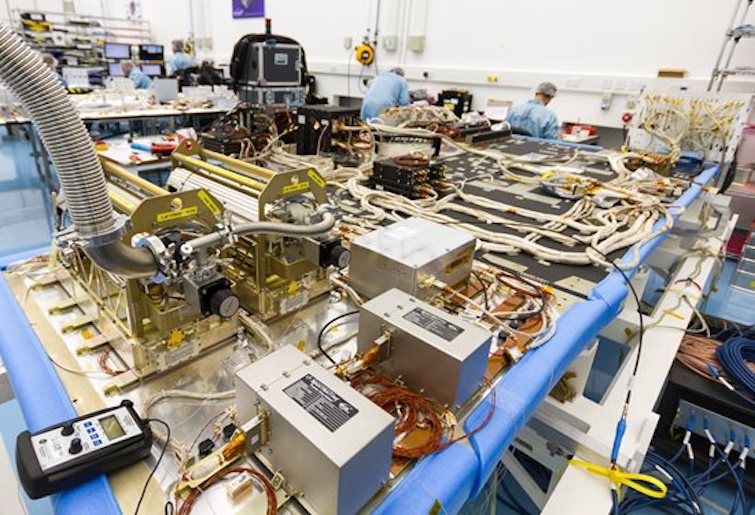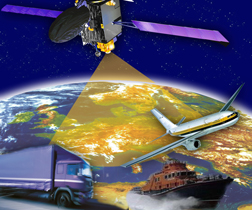According to a statement on the UK Government’s official website, as of January 1 the United Kingdom will cease participation in the European Galileo and European Geostationary Navigation Overlay Service(EGNOS) programs. British citizens and other private users are not affected, apparently: “devices that currently use Galileo and EGNOS, such as smart phones, will continue to be able to do so.”
The document, “Brexit transition: new rules for 2021,” states that the UK will “not use Galileo (including the future Public Regulated Service (PRS)) for defence or critical national infrastructure; have access to the encrypted Galileo Public Regulated Service; be able to play any part in the development of Galileo; be able to play any part in the development of EGNOS; be able to use the EGNOS SoL and EGNOSWorking Agreements (EWAs), which will no longer be recognised by the EU; be able to access or use EDAS.”
By contrast, UK membership in the European Space Agency (ESA) is not affected, as ESA “is not an EU organisation.” The country will participate in and be able to bid for ESA programs. The UK can also continue to participate in Copernicus, the satellite-based Earth observation and monitoring program managed by the European Commission in partnership with ESA. UK-based businesses, academics and researchers are expected to be able to bid for Copernicus contracts.
[Image: the Surrey Satellite Technology Ltd. (SSTL) lab in the UK has already delivered 22 navigation payloads for the deployment phase of Galileo and is under contract to build a further 12 payloads. OHB System AG is the prime contractor and builder of the spacecraft platform and SSTL has full responsibility for the navigation payloads, the brains of Galileo’s navigation system. Photo courtesy SSTL.]




